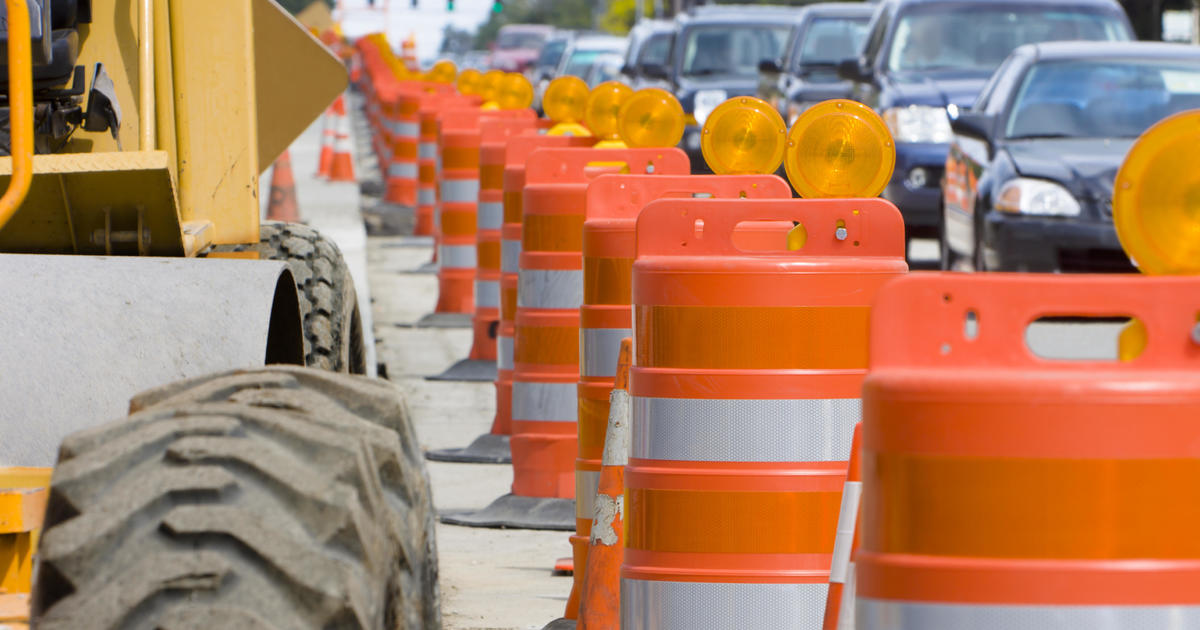DTE and Consumers Energy execs back in the hot seat over power outages
LANSING, Mich., (CBS DETROIT) - DTE and Consumers Energy leaders were back on the hot seat Thursday, facing questions over their response to power outages and what steps are underway to strengthen the grid.
"Unacceptable is by far the most frequently used word to describe the performance of the grid in the wake of the ice storm," State Sen. Sean McCann, Chair of the Energy and Environment Committee, said during the hearing.
This is why the committee is trying to understand how a company like DTE, which recorded $1.1 billion in profit last year, can leave hundreds of thousands of its customers in the dark for days.
"Your CEO makes over $10 million a year. You recently put in a request for the largest rate increase in state history, about $622 million," State Sen. Sue Shink said in a question to DTE President Trevor Lauer. "You regularly have a return on equity, which is about 10%. Would you be willing to reduce that rate of return to invest in more reliability?"
Although apologetic, Lauer passed the question on to its regulator, the Michigan Public Service Commission (MPSC), who he says sets the rate of return for utilities.
MPSC Chair Dan Scripps says there's a push underway to have rates depend on a utility's performance. He also pointed out several factors of why we're seeing more outages, including climate change, an aging infrastructure, and inadequate tree trimming.
"Tree trimming works," Scripps said. " It is the single best tool that we have in the toolbox to get to a better place in terms of the number of outages."
While the commission is accepting applications from industry experts to do an audit of DTE and Consumers Energy systems, here's what's next:
"Write new laws that force them to do the things we need them to do. That's the first step in the plan. The second step happening as fast as we can is to build a more resilient grid, a more resilient source of energy by using distributed sources, helping our municipalities create their own independent municipal sources of power," State Sen. Rosemary Bayer said.





